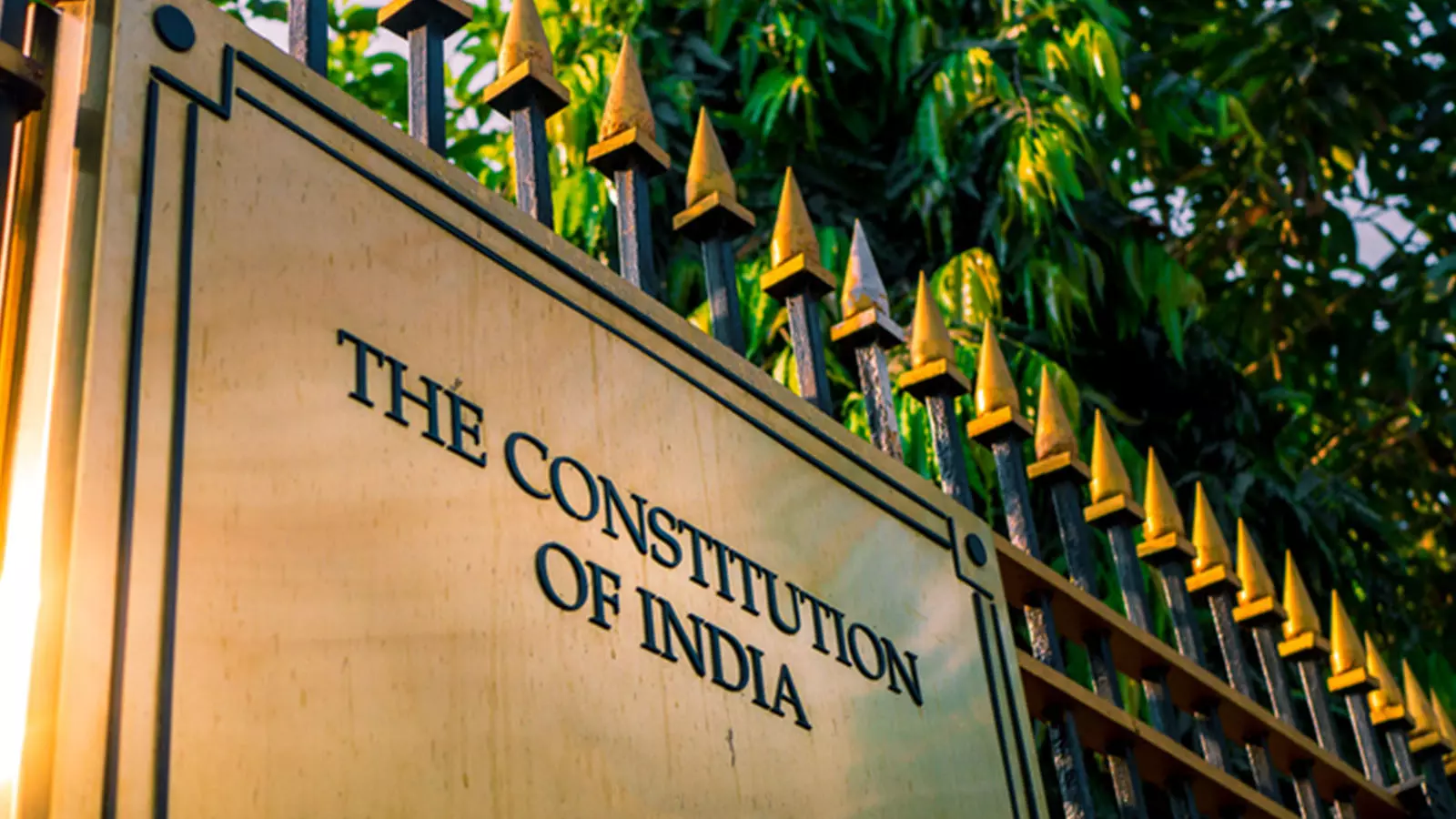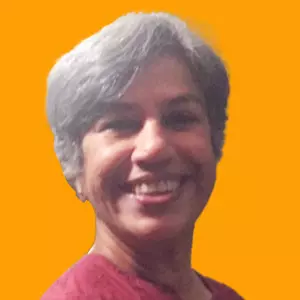
- Home
- India
- World
- Premium
- THE FEDERAL SPECIAL
- Analysis
- States
- Perspective
- Videos
- Sports
- Education
- Entertainment
- Elections
- Features
- Health
- Business
- Series
- In memoriam: Sheikh Mujibur Rahman
- Bishnoi's Men
- NEET TANGLE
- Economy Series
- Earth Day
- Kashmir’s Frozen Turbulence
- India@75
- The legend of Ramjanmabhoomi
- Liberalisation@30
- How to tame a dragon
- Celebrating biodiversity
- Farm Matters
- 50 days of solitude
- Bringing Migrants Home
- Budget 2020
- Jharkhand Votes
- The Federal Investigates
- The Federal Impact
- Vanishing Sand
- Gandhi @ 150
- Andhra Today
- Field report
- Operation Gulmarg
- Pandemic @1 Mn in India
- The Federal Year-End
- The Zero Year
- Science
- Brand studio
- Newsletter
- Elections 2024
- Events
- Home
- IndiaIndia
- World
- Analysis
- StatesStates
- PerspectivePerspective
- VideosVideos
- Sports
- Education
- Entertainment
- ElectionsElections
- Features
- Health
- BusinessBusiness
- Premium
- Loading...
Premium - Events

Be it when the Constitution was written, or now, when it's being defended, there's no shortage of bright, committed women participating actively in public life
For some time now, Constitution Evangelism has been at a peak, in meetings, symbols, conferences, classrooms, rallies, and public writing.
It has even entered the comedy show, as in Kunal Kamra’s brave defence of fearless speech in his show, Naya Bharat. Above all, even those in power who have done their utmost to undermine this visionary document have taken cover behind this book.
When even the judiciary cannot be entirely trusted to uphold its visionary future, does the Constitution now need its own protectors?
Army of defenders
Eddelu Karnataka, along with a host of other organisations and groups, certainly seems to think so. They organised a Samvidhana Samrakshakara Samavesha, a Constitution defenders convention, at Davangere (in central Karnataka) on April 26.
When constitutional guarantees and provisions are so thoroughly and even legally being attacked, building a phalanx of dedicated cadres who can go beyond the now-routine chanting of the preamble is an urgent necessity.
This is, in itself, an interesting concept. In our chaotic times, when constitutional guarantees and provisions are so thoroughly and even legally being attacked, building a phalanx of dedicated cadres who can go beyond the now-routine chanting of the preamble is an urgent necessity.
In Bengaluru, the Alternative Law Forum, in its own small way, has with great doggedness and fierce determination, been imaginatively propagating the values and principles of the Constitution in schools, colleges, and public events.
Their impact has far outweighed their numbers. They also go meaningfully well beyond the mandatory reading of the Preamble that was announced by the Congress government in Karnataka when it came to power in 2023.
Mingling of 'colours'
So, the Samavesha was surely a refreshing and welcome initiative by organisations such as Eddelu Karnataka, which are anxious about the future of our democracy and our republic. Nothing less than an army of defenders is the need of our times.
Also read: Needed, Constitution protection, not a Constitution Murder Day
The rally and the meeting did indeed see the mingling of all the ‘colours’ of our political spectrum: the blue of the Ambedkarites, the green of the Karnataka Raitha Sangha, and some shades of red (though the Official Left was conspicuous by its absence) and even black (presumably the colour of South Indian federalism!).
Many unobjectionable statements were made, by a solid posse of men seated on the dais, about the need for unity, the importance of abandoning caste, religious, and other identities, and to recover, once more, the basic humanity that appears to have deserted public and private life alike today.
Reclaiming the Constitution
As a Raitha Sangha member noted, it is not enough to celebrate the book or chant slogans. We must sear the Constitution into our hearts. And, as ‘Nadoja’ Barguru Ramachandrappa said in his opening remarks, the defence of the Constitution requires questioning of our daily life and its inequities, not mere sloganeering, and certainly not mere worship of the ‘holy book’ (as former Chief Justice of India Chandrachud once described the Constitution).
We must be cautious, perhaps even wary, of all those who invoke the book: who holds it, how and why? Ramachandrappa rightly compared the 20th century and its preoccupations with the gravely distorted urgencies of the 21st century: how far we have travelled away from the 20th century yearning for equality, for humanity, and hopes about nationalisation to an anxiety about communal harmony, a descent into religious sectarianism, and a sell-out to privatisation in the 21st.
And, as Sasikanth Senthil reminded the audience, the RSS is not against Muslims (alone), it is principally against equality itself, and the dramatic rise that was enabled by the Constitution of those who were oppressed for centuries.
Also read: ED glare pushes Congress back to save-Constitution plank; 4000 rallies planned
Still, it will not do to completely dismiss the importance of symbols: several groups poured their passion into the songs they sang, and the short dances that were staged. Old men, haunted by the memory of better days, and young men, staring down an abyss of gathering gloom, waved the Indian flag with a heart-breaking desperation, as if that would wave away the cumulative crises and indeed compensate for the loss of hope itself.
Excluding the invisibilised minority
But despite all the efforts that were made by the organisers to be inclusive (close to 35 people were seated on the stage) there was a striking absence of women. Perhaps, it was because they had no ‘colour’ to represent them, amidst the blue, green, red, and yellow. That Karnataka has not breached the 4.5 per cent representation of women in the Assembly for decades should speak for itself.
Despite the celebratory nature of this event, of Indian tradition, achievements since Independence, and so on, women remain the most invisibilised ‘minority’ of all. Of the three or four women seated on the stage, only one spoke (Vijayamma, a senior journalist, led the reading of the preamble, but only Lalitha Naik, a former Janata Dal minister, made a few perfunctory remarks).
Dancing, singing and some organising apart, we did not hear at all the political voice of Karnataka’s women, their aspirations, or what the Constitution has meant to them.
Also read: Can Gandhi’s legacy save India today? A historian’s deep insights
Recent research has foregrounded the fact that a mere 15 women (usually imaged as 11) were a part of the Constituent Assembly, and were relatively quiet during discussions (apart from their participation in the sub-committees).
But we also know that there is no shortage of bright, active, and committed women who participate actively in Karnataka’s public life, even if they don’t win elections.
That man after man got up to speak of what tasks lie ahead of us, acknowledged the significant strides made by Dalits, farmers, workers, and so on, and yet did not detect this significant political absence is a reminder that fight for women’s rights is indeed the longest revolution, and one that is yet to reset relations in our benighted country.
Meanwhile, no movement that absent-mindedly excludes 50 per cent of the population can hope to succeed.
(The Federal seeks to present views and opinions from all sides of the spectrum. The information, ideas or opinions in the articles are of the author and do not reflect the views of The Federal.)


